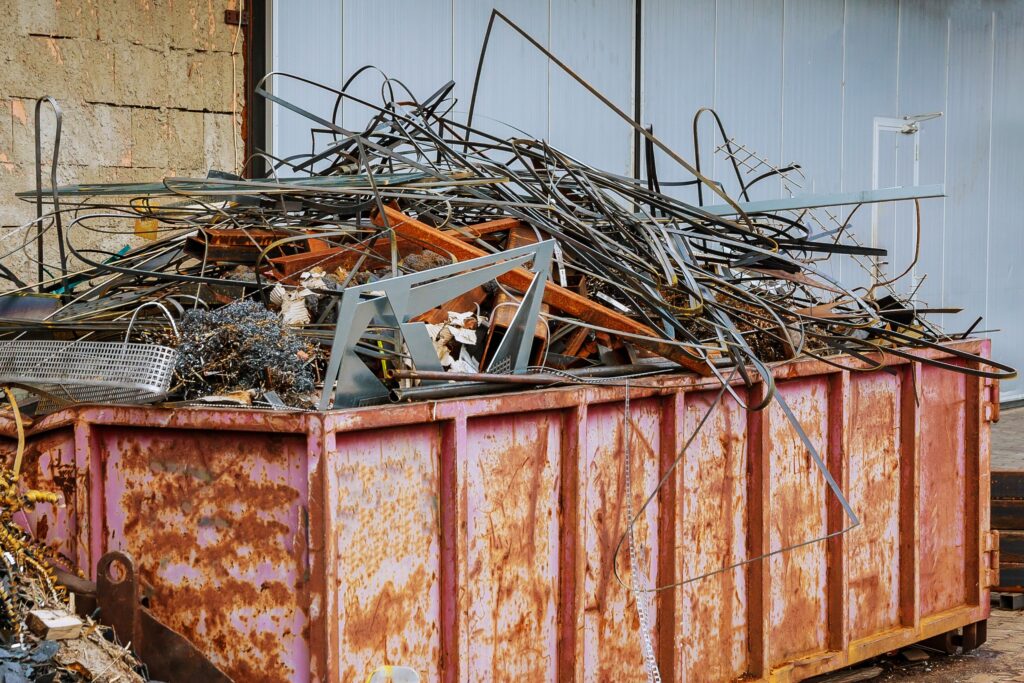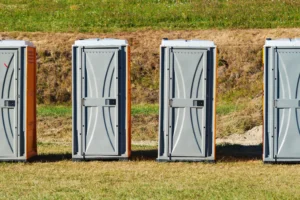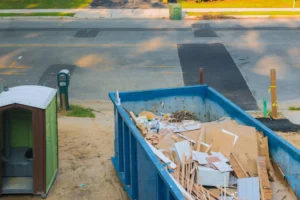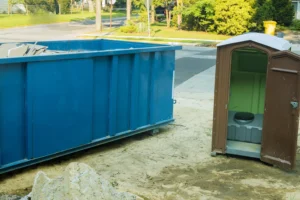Dumpsters come in handy for a variety of tasks whether you are doing landscaping, renovations, construction projects, or major clean-outs. They are a convenient alternative to managing big volumes of waste that traditional trash collection services cannot handle. However, the placement and use of one might have an influence on public safety, necessitating the need for permits and regulations. Renting one in Pennsylvania involves a simple procedure, but understanding the necessity of a permit can save you time, money and potential legal hassles. This explores the requirements and considerations of rentals.
Understanding Permit Requirements
The decision to get a permit for one comes down to where you will place the container. Permits are hardly required for private property, such as driveways. However, public areas such as sidewalks and alleyways frequently require permission. It is essential to keep in mind that terms differ by municipality; therefore, the first step is to contact your local city or township offices.

Learn the laws of PA about dumpster rental
They will be able to check permission requirements, costs that typically range between $25 and $150, and any special application specifics. The permit to rent may need you to indicate details like the size, expected term, estimated garbage items, and specified disposal location. It is advisable to consult first before booking your container to prevent any delays or fines. Some rental businesses may even help you with the permitting procedure to guarantee a stress-free experience.
Other Rules and Terms
Besides the aforementioned, it is also crucial to know and abide by other terms set by the relevant authorities. Regarding cleanliness, you need to keep the container clean and in good condition. Consider emptying your junk at least once a week for regular wastes like construction debris and landscaping. However, if it contains food waste, ensure it is picked up at least twice a week to avoid attracting rodents or causing pollution. When cleaning, it is recommended to do so privately and away from the public as it helps minimize the chances of exposure to wastewater. The waste containers have a limit and therefore, you should overfill them as it could attract extra penalties.
Approval of permits may be denied in situations where your container may affect the public, pushing you to try other methods of disposal. It is important to be aware of smaller things that you may not initially pay attention to such as the number of people or vehicle traffic or the width of a sidewalk. The main idea behind these rules and terms is to ensure wastes are disposed of in a safe and environment-friendly manner without interfering with the public.
Consequences of Not Having a Permit
Skipping the permit process can create a domino effect of complications for your project. For instance, local authorities may entirely halt the construction until you obtain proper documentation. This delay not only costs you valuable time but also money. Based on the severity of the code violations, they could mandate the eradication of any work that has not been approved. This could mean tearing down and rebuilding which could add significant expense to the frustration. Failure to obtain a permit could also jeopardize your homeownership insurance. An insurance company can deny a claim if damage occurs due to unregulated construction, leaving you financially responsible for repairs.
Tips for a Good Experience
Renting can be a breeze with some careful planning. First, determine the composition and volume of your project’s waste. Knowing if it is domestic rubbish or construction waste can help you choose the appropriate size and prevent overage charges. Local businesses may typically provide cheaper rates and understand regional restrictions, so you can always consider their services alongside national corporations. Be truthful about your location, as distant places may require additional delivery expenses. Finally, gather quotations that include the size, time, and disposal expenses. A transparent and adaptable firm will explicitly answer your inquiries and offer a seamless experience from delivery to pick-up.
Navigating PA’s trash permit terms all comes down to the site where you place the container. While placing the container on your private property may not necessitate a permit, moving it to public areas such as streets or sidewalks creates potential hazards that need to be regulated. Remember that restrictions differ by city, so you need to contact the appropriate agency to guarantee a smooth procedure and prevent any fines. Adhering to these guidelines ensures that your project complies with local requirements while also contributing to a safe and debris-free environment.




